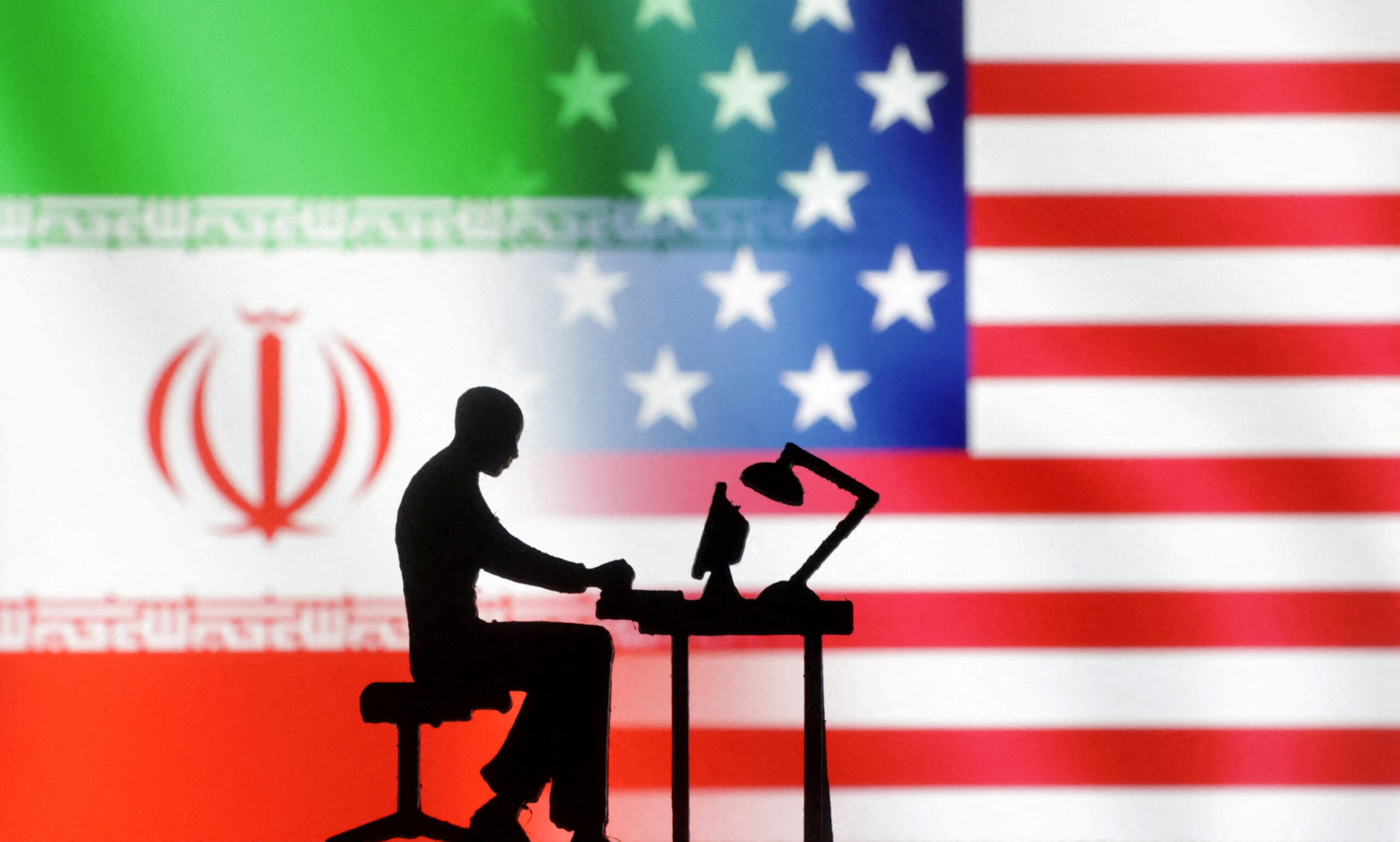In early February 2024, a significant incident unfolded in the realm of international cyber warfare that caught my attention. U.S. officials executed a cyber operation against an Iranian military spy ship that had been implicated in sharing intelligence with Houthi rebels in Yemen. This ship was reportedly involved in attacks on commercial vessels in the Red Sea, escalating tensions in an already volatile region. The operation was a direct response to an earlier Iranian drone strike that resulted in the tragic loss of three U.S. soldiers stationed in Jordan1.
From my perspective, this incident is a stark reminder of how interconnected our world has become, where conflicts can escalate not just through traditional military means but also via cyber capabilities. The U.S. government’s decision to hack into a foreign military asset highlights the increasing reliance on cyber operations as a tool of statecraft. It raises questions about the ethics and legality of such actions, especially when they can lead to unintended consequences or further retaliation from adversaries.
Moreover, this cyber operation reflects broader geopolitical tensions between the U.S. and Iran, which have been fraught with hostility for years. The use of cyber warfare as a tactic signifies a new chapter in international relations, where nations must navigate not only physical borders but also digital ones. As a high school student learning about global affairs, I find it fascinating yet concerning how these incidents can affect international stability and security.
The implications of this operation extend beyond immediate military objectives; they also influence diplomatic relations and public perception in both countries. For young people like me, understanding these dynamics is crucial as we prepare to engage with a world where technology plays an increasingly pivotal role in shaping our future.
Image Credits: https://www.reuters.com/technology/cybersecurity/us-says-iran-cyber-operations-targeted-trump-harris-campaigns-2024-08-19/


